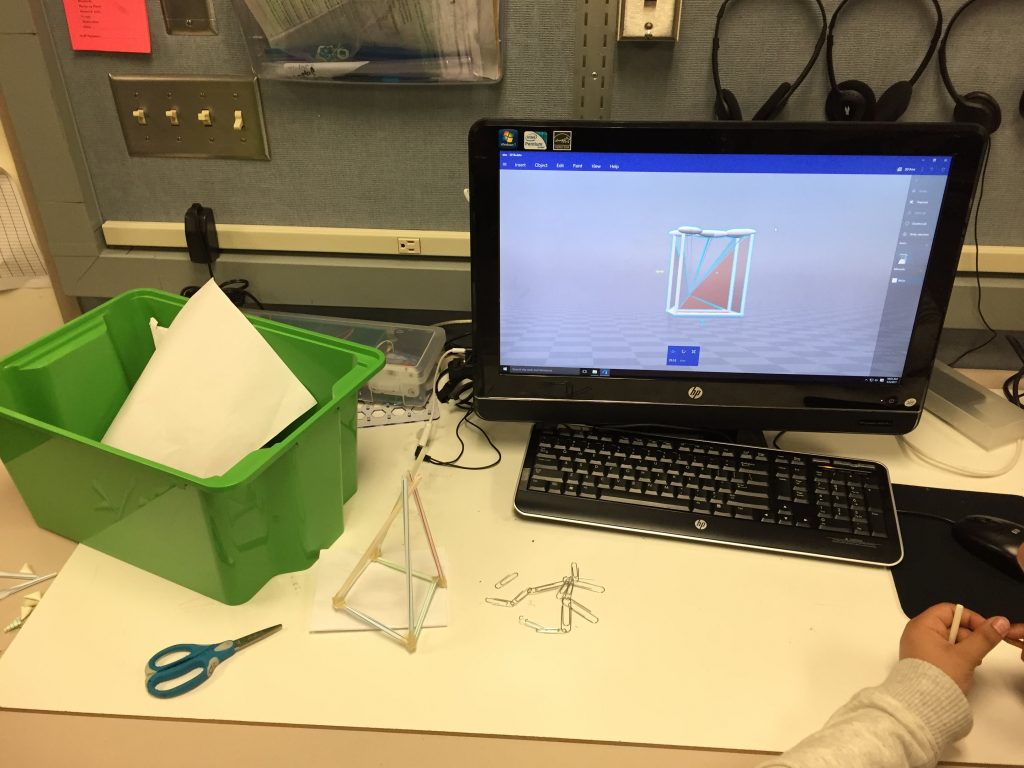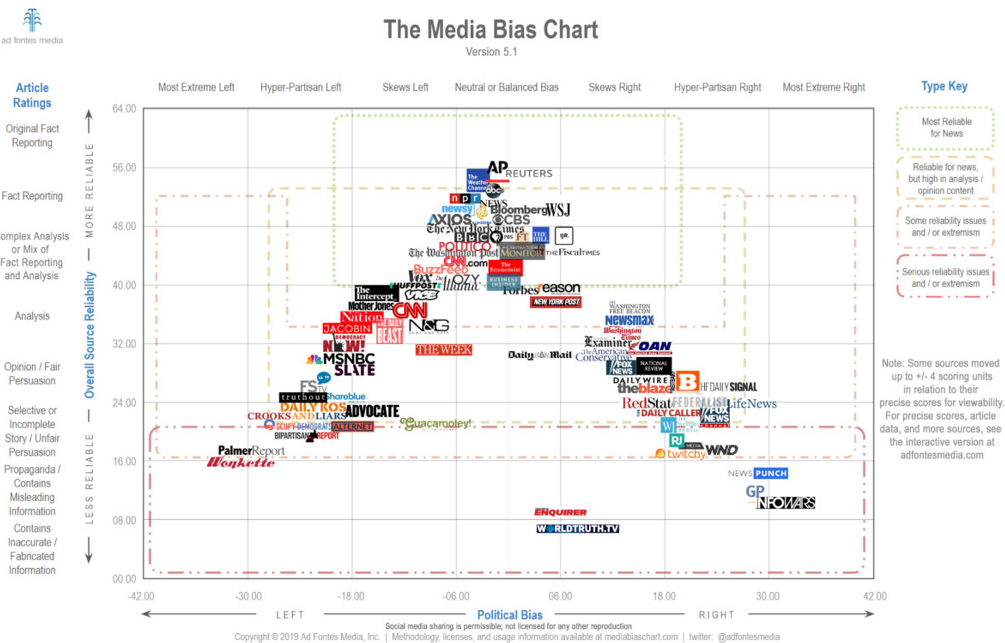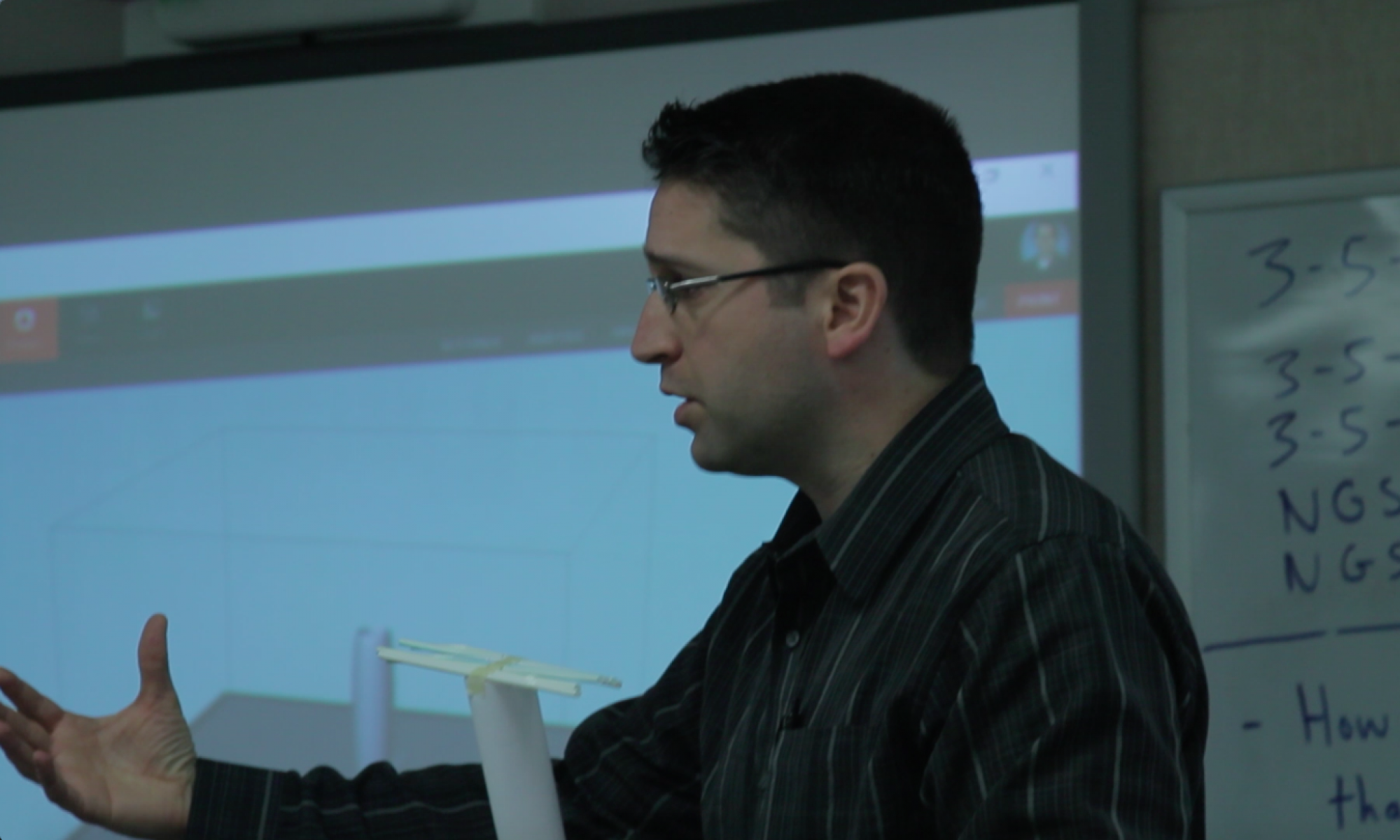
ISTE Standards for Coaches 7c, “Support educators and students to critically examine the sources of online media and identify underlying assumptions,” highlights the importance of source verification because the information that we take in is only as valid as the source from which we receive it.

Source: Pivoting from In-Person to Virtual PD
Evidence: “As educators, we should model the type of choices and behaviors that we want to see from our students. Online actions are much more permanent because there’s a digital record so being cognizant of this is important. Assuming positive intent is especially important because tone and body language are often hard to communicate online. Additionally, a genuine understanding and respect for intellectual property is important online as well as a general area for improvement in education.”
Explanation: Understanding that online hosts a digital record and possessing a genuine understanding and respect for intellectual property supports students in being able to critically examine sources of online media and identify underlying assumptions.

Source: Open Sourcing Education
Evidence: “Leveraging ISTE standards with Open Education Resources helps answer some of the questions around management of technology and digital pedagogical practices in regard to student engagement and learning. There are a wide range of OERs online. Some OERs serve as an entire curriculum unto themselves. EngageNY is one of the most widely known examples and was created in response to the lack of curriculum supporting Common Core State Standards. Another gold standard in this area is YouCubed which is technically a MOOC (Massive Open Online Curriculum). YouCubed provides curriculum with videos that essentially form self-contained courses. As one can imagine, adopting an entire curriculum is not realistic for most contexts so educators may be more interested in utilizing collections of individual lessons that they can search, adapt, modify, and customize for their educational contexts.”
Explanation: Supporting educators with Open Education Resources (OER) means helping them to critically examine resources online because there is a wide range of options and quality varies greatly. Essentially, OERs are a form of online media created by educators for educators so this provides very practical practice in terms of examining the source, identifying underlying assumptions, and making sound judgments regarding quality.

Source: Educating Students on Faux News in the “Fake News” Era
Evidence: “Understanding primary purpose of media and the various types of misinformation (also known as “fake news”), this is an area where the “Digital Literacy in the Age of Fake News” presentation was especially helpful. The presenters outlined the following categories for media purpose: entertain, sell, persuade, provoke, document, and inform. Understanding the purpose behind a media piece can be very helpful in terms of navigating the accuracy of information provided. Context is everything, and most likely the author has his or her own self-serving reasons for producing something. Taking things a step further and understanding the types of misinformation makes it easier to identify “fake news” when a reader encounters. Presented examples included satire, false context, imposter content, manipulated content, and fabricated content. Satire, for example, is not bad but important to recognize for understanding while understanding the other types helps the educated reader remain vigilant. Although limited, when in doubt then a reader can utilize a website such as Snopes or FactCheck.org to verify specific statements. Ultimately, the reader needs to be able to be an effective judge of content in the moment or they won’t even necessarily think about the need to verify information via a third source (as all information should given even the smallest doubt and especially before referencing elsewhere).”
Explanation: Being able to critically examine sources of online news media has become an essential skill when it comes to digital citizenship and educators need to learn how best to identify underlying assumptions themselves so that they can better teach students.

7a Use technology for civic engagement
7b Culture of respectful online interactions
